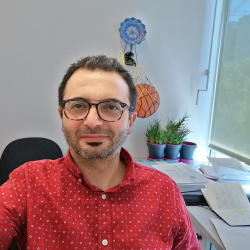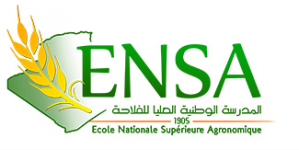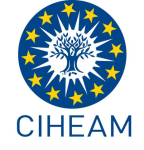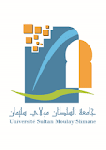ABOUT US




The LAB4SUPPLY project proposes to design and develop a multidimensional framework applied on five key selected products’ (Figs, Tomato, Carob, Goat, and Chestnut) ) in (Spain, Algeria, France and Morocco) that integrates economic, social, and environmental indicators, with a bottom-up approach considering the stakeholders´ perspectives. The project proposes a participatory approach based on creating an Agri-food Innovation Ecosystem (AIE) Living-Lab (LL) that will be the arena to collect information from the food sector and consumers and transfer and apply the new optimized business models. This approach will be unfolded by the joint creation of two levels of interaction: a face-to-face one through the creation of an Agri-food Stakeholders Platform (ASP) and a “digital” one through a Decision Support System (DSS) ICT tool to amplify the “scope” of the project. The AIE LL is based on the quadruple helix innovation system approach incorporating local clusters of farmers, small manufacturers, and distributors, public institutions, academia, research centres, and consumers. The ASP will hold multiple group activities types (workshops, training activities, and networking) allowing a full definition of an innovative agri-food supply chain alternative. Moreover, the DSS ICT tool consumer/farmer-centred will be developed with the aggregated indicators and inputs generated in the different activities, providing small-holder with key and intuitive information on new markets and opportunities, contributing to better decision making. An Open Innovation Approach based on an Agri-Food Living Lab is presented as an appropriate vehicle to support and reach LAB4SUPPLY objectives, constituted by a community of practitioners tightly connected by a web portal functioning as a virtual meeting place and a DSS ICT tool, but also by face-to-face interactions. In the proposed living labs, the stakeholders will cooperate in an open space to analyze the barriers and opportunities and to jointly develop innovative ideas.







.jpg)















